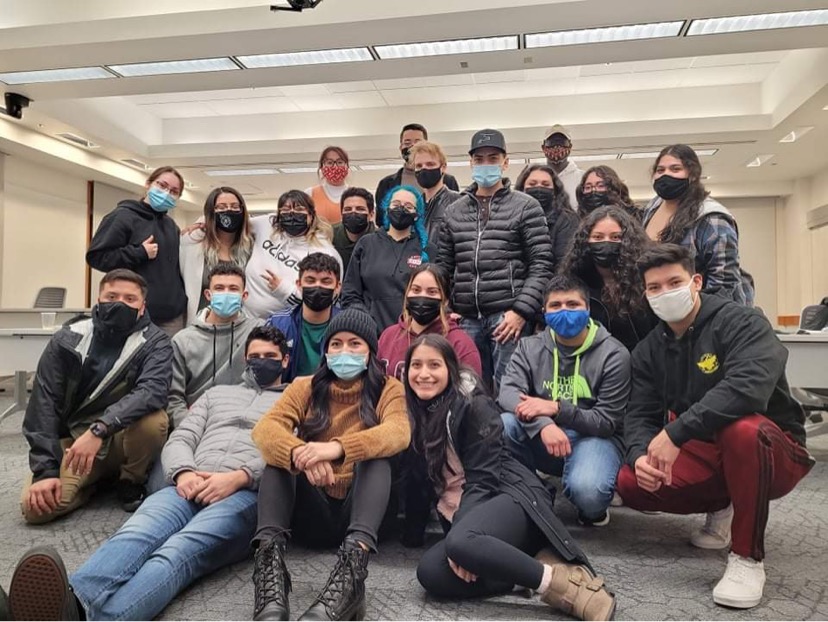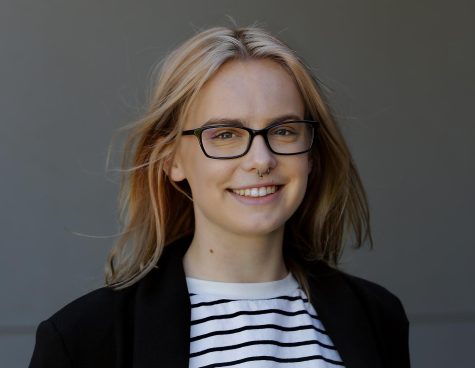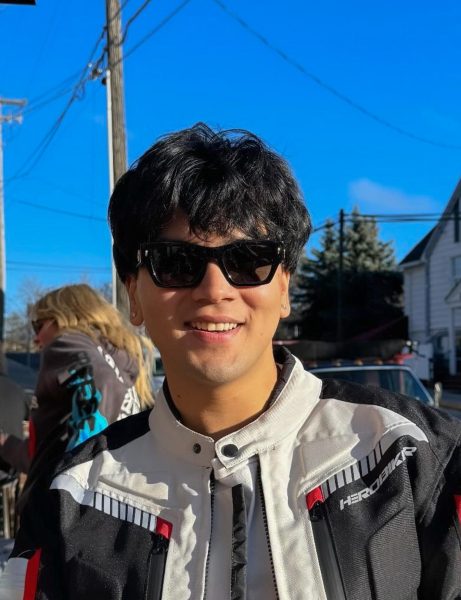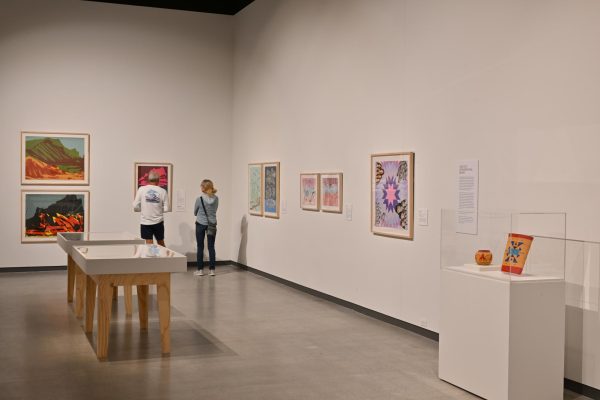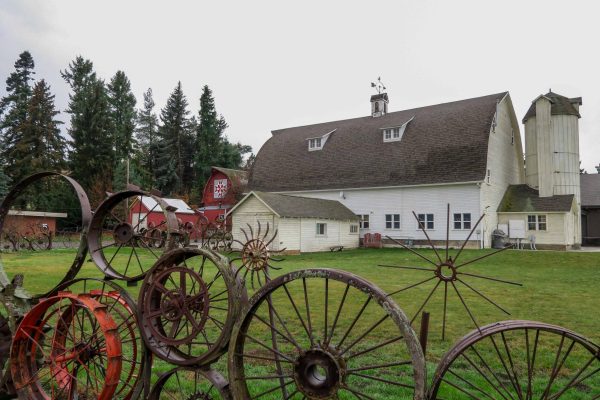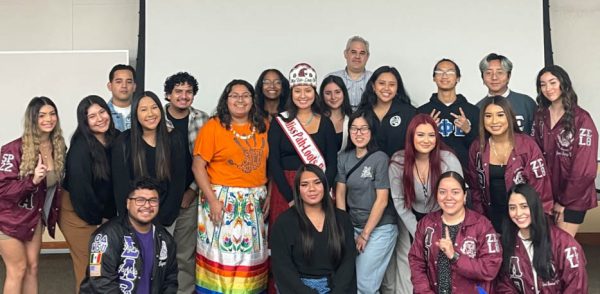Opening the door for undocumented students
The Crimson Group advocacy group aims to build encouraging community, provide space for student needs
The Crimson Group community of Undocumented students, allies. advocates, gather for a holiday exchange.
February 17, 2022
In 2010, a group of five undocumented WSU students connected with University of Washington, Central Washington University and Eastern Washington University to find out what kind of services were offered to undocumented students at their schools.
Undocumented Initiatives director Marcela Pattinson said undocumented students could not fight for fair treatment in the classrooms or receive leadership and professional opportunities like other students.
“We found out that the students were scared,” she said. “They were scared to even go in to have a conversation with the teachers or ask for help.”
Focus groups were made in the universities to get more information on how to help students fill the gaps in their educational lives. However, when they reached out for help from their respective universities, students did not get a response, she said.
“We started looking for student leadership, students that really would like to take the lead,” Pattinson said.
The focus groups recruited based on how much a student interacted with their peers. When the HB 1079 coalition passed, a bill that grants undocumented students in-state tuition, it brought students together even more, Pattinson said.
This was the beginning of undocumented student groups at major Washington universities, such as the Purple Group at UW, the Blue Group at Eastern and the Crimson Group at WSU, she said.
The Crimson Group is an activist group for undocumented students, allies and advocates. Marena Guzman, Crimson Group adviser, said the organization became more of an advocacy group between 2016-18.
“It’s been an ever-evolving group that caters to the students’ needs depending on the students that are in the organization at the moment,” Guzman said.
The group is not doing anything too “advocacy heavy” right now but is doing a lot of recruitment and tabling, she said.
The Crimson Group holds meetings at 5 p.m. every Tuesday in the Compton Union Building 204, she said. The group also posts fliers on their Instagram for students interested in the group.
The group also has a Linktree where students can find resources like emergency funds and immigration clinic information, she said.
For Guzman, the leadership aspect of the Crimson Group has been an important part of being involved, she said.
“I have seen students go from being really shy, to having a cabinet position, to having a director position,” she said. “Crimson Group really helped identify their strengths as a person and as a leader to take elsewhere beyond their time at WSU.”
Guzman said she has also made multiple friendships with people involved in the Crimson Group. She became close with the student adviser before her, and the two still have a close relationship.
“I know now, the friendships that I’m developing with the current students, I feel like those are beyond networking,” she said. “They’re going to do their own thing, I’m going to do my own thing, but we’ll always be connected from our work here.”
Guzman said everyone involved in the Crimson Group wants to encourage each other and help develop each other’s strengths, which is why the group is so strong today.

